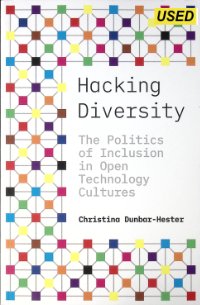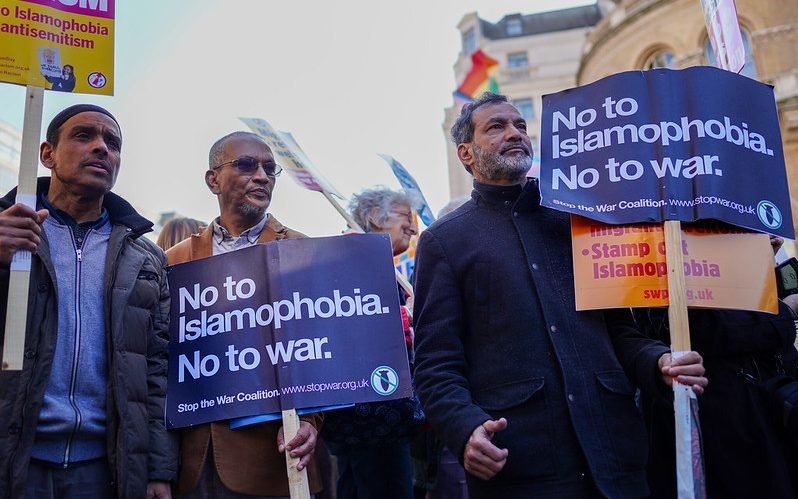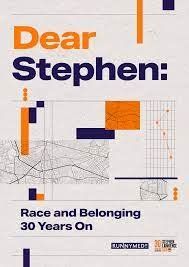By Transform Justice
Hate crime is a growing problem in England and Wales, highlighted by the Home Office’s Annual Statistical Bulletin which reported 155,841 hate crimes recorded by police in the year ending March 2022, this is a 26% increase compared to 2020-21.1 This reflects a year-on-year rise since 2013 and demonstrates the need to use new interventions to drive real behaviour change in offenders. However, it should be noted that an increase in public awareness of hate crime alongside improved police recording means that it can be difficult to definitively determine the cause of the increase, but rather a number of factors leading to this. Out of Court Disposals2 (OOCDs) are a method of resolution for an offence, designed to reduce re-offending by enabling restorative justice and giving offenders an opportunity to take responsibility for their behaviour through education, before they find themselves in the formal Criminal Justice System (CJS). They also offer victims a chance to see some resolution to their case even if they do not wish for it to be dealt with in a formal setting. There are a number of different forms an OOCD can take, however all may only be considered in situations where the offender is known and admits guilt of their offence. They are typically used in cases where the offending is deemed to be lower-level. In 2022, the National Police Chiefs Council (NPCC) published its Out of Court Disposals (Resolutions) National Strategy.3 This strategy highlighted that the CJS cannot address vulnerability solely through prosecution. Instead, a sophisticated, whole-system approach is needed to give policing the capacity to make professional decisions and access a range of services in partnership such as early intervention pathways, OOCDs and where necessary, prosecution. Over the past nine years, there has been a growing evidence base that, for acquisitive and violent crime, early intervention (such as Turning Point4, CARA5 and Checkpoint6) as part of a conditional caution can reduce reoffending. However, the evidence is minimal with regards to hate crime interventions as its application is limited through the OOCD framework. In 2014, three police forces (West Yorkshire, Staffordshire and Leicestershire) were given dispensation to use OOCDs for hate crime during a tri-force pilot of a simplified two-tier framework, designed to be easier for practitioners to implement and the public to understand.7 However, there was no specific rehabilitative intervention commissioned and the total number of offenders given OOCDs were low in all three forces, particularly for hate crime which only represented 1% of the total offences. This meant that it was not possible to draw statistically robust conclusions around reoffending rates. Existing interventions for hate crime tend to be targeted at more serious offenders, carried out post-conviction on a one to one basis and last for several months. Since the start of the 2014 pilot, the Director of Public Prosecutions (DPP) has adjusted its guidance to allow for the use of OOCDs in relation to hate crime and domestic abuse8, however statutory guidance states that issuing a conditional caution is “unlikely to be appropriate where the offence forms part of a pattern of offending”.9 A tri-force OOCD hate crime pilot with Avon and Somerset Police (A&S Police), West Midlands Police (WMP), and Hampshire and Isle of Wight Constabulary (HIOWC) was established in June 2021. All three police forces were given dispensation from the DPP to use conditional cautions for hate crime providing prescribed pre conditions (see Appendix 1) were met. RISE Mutual CIC10, a social enterprise which specialises in offender rehabilitative interventions, were commissioned via a procurement process to deliver a four session group intervention programme formerly known as Rise Against Hate, (from April 2023 this is now known as Perspective), for those who met the DPP OOCD hate crime criteria. It was envisaged that a high proportion of suitable offences for the proposed pilot would be of a public order nature, or involve minor assaults accompanied by the use of racist language towards figures of authority (police officers, door staff, store detectives) or individuals providing a service (ambulance crew, taxi drivers). These were deemed to be the most likely cases, where the victim often does not see the offence as serious enough to take the time to attend court, but at the same time, a meaningful sanction is desirable to protect victims who are providing a community service. Aims and objectives Aim: to develop and deliver a rehabilitative early intervention course specific to hate crime, commissioned by the three named forces (A&S Police, HIOWC and WMP) and offered at no cost to the offender. Objectives: To increase the evidence base in the use of disposals in cases of hate crime To increase victim satisfaction in hate crime outcomes To reduce reoffending rates of hate crime To better understand the demand profile for hate crime intervention and the processes surrounding this
London: Transform Justice, 2023.




















